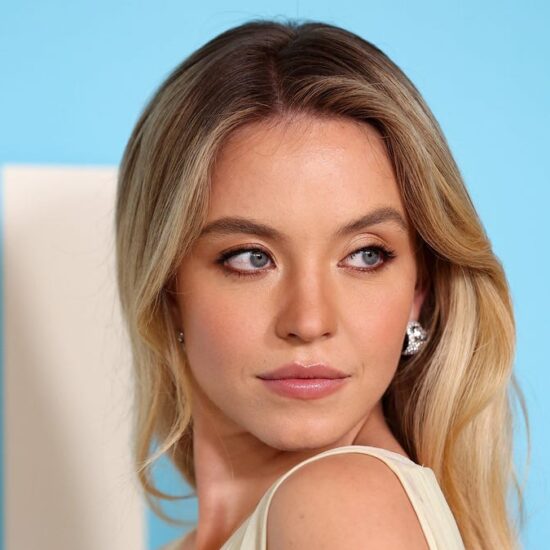
The CMA Fest has become the latest country music festival to ban attendees from displaying Confederate flag imagery.
Returning from a two-year Covid hiatus, the long-running Nashville event — scheduled for June 9 to 12 throughout the city — quietly made the policy change by listing “Confederate flag imagery of any kind” among the prohibited items on the fest’s website, the Tennessean reported.
“This year’s CMA Fest is our first major fan-facing event in nearly three years. We have always had policies in place that protect the safety of our fans and ban discrimination, but we felt it was important to further refine our language to explicitly outline what will and will not be tolerated,” the Country Music Association said in a statement.
“In line with our first CMA Fest lineup announcement in early April, our event policy was published on our website, which states any behavior that causes one of our attendees to fear for their personal safety will not be tolerated, and that is inclusive of any displays of the Confederate flag.”
Earlier this year, Indio, California’s Stagecoach Festival also quietly barred “divisive symbols, including, without limitation, Confederate flags and racially disparaging or other inappropriate imagery/public displays.”
Country music artists have similarly disavowed their prior usage of the Confederate flag, including Luke Combs, who both headlined this year’s Stagecoach and is performing at CMA Fest next week. “There’s no excuse for those images,” Combs said at a Country Radio Seminar in Feb. 2021. “I’m not trying to say, ‘This is why they were there and it’s OK that they were there.’ It’s not OK. As a younger man, that was an image I associated to mean something else. As I’ve grown in my time as an artist, I am now aware how painful that image can be to someone else.
Maren Morris, who was also a part of the panel, condemned the Confederate flag’s prevalence at country fests. “Can we just agree at these country music festivals, I see the Confederate flags in the parking lots. I don’t want to play those festivals anymore,” Morris said. “If you were a Black person would you ever feel safe going to a show with those flying in the parking lot? No! I feel like the most powerful thing as artists in our positions is to make those demands of large organizations, festivals, promoters, that’s one of the things we can do is say, ‘No, I’m not doing this. Get rid of them.’”












